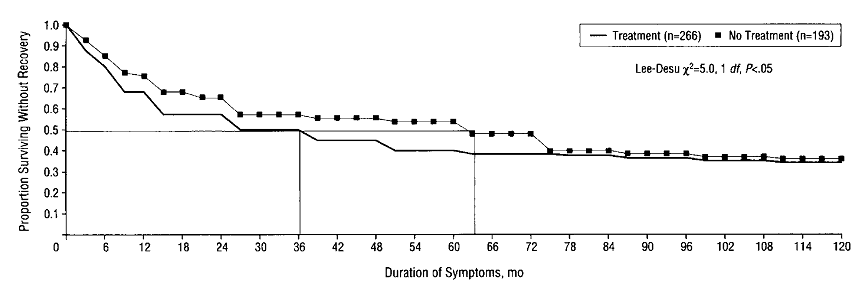This is a repost of an article from less than a year ago, which went on The Asexual Agenda. I was recently reminded of this article, and I intend to say more on the subject.
Sciatrix once created an influential metaphor for attraction: it’s like everyone has an invisible elephant that only they can see. These invisible elephants are apparently very important in society, but hardly anyone can be bothered to describe them because it’s assumed that everyone has their own elephant and can see for themselves.
Ludwig Wittgenstein, one of the most important philosophers of the 20th century, once described a thought experiment: Suppose that everyone has a box with a “beetle” inside it, but each person can only see their own “beetle”. Wittgenstein argues that when we talk about “beetles”, we are only referring to that which is in the box. It doesn’t matter if the boxes actually contain different things, or if the things change over time, or if the boxes are actually empty. (watch this video)
That feeling when philosophical thought experiments become directly applicable to your daily life. [Read more…]

